There was a poll run on all the major Catholic campuses some years ago on religious ignorance and apathy. Over 75% of the respondents said they did not know anything about apathy nor did they care!
While this fictitious poll is just a joke, Catholic apathy is not. Too many Catholics appear uninterested or unprepared to explain or defend their faith. Of these, many have probably lost their faith and are merely going through the motions. They can be called cultural Catholics. Others have bought into the prominent notion of universal salvation. If everyone goes to Heaven, there is no need to worry about Church teachings. This is called religious indifferentism and was considered a heresy 100 years ago.
There are identifiable historical origins of Catholic apathy. The nation’s history has been tainted with an anti-Catholic prejudice that predates the Constitution. Its frequent appearance has been characterized by a loose mixture of Bible Protestants, freethinkers and atheists beholden to the anti-clericalism of the French Revolution. These bigots instinctively distrust all revealed religions and undemocratic authorities.
Since those bleak days, Catholics have longed for the day when they would be accepted by American culture. With the election of John Kennedy in 1960, Catholics no longer had to sit in the Back of the Pew. But membership in mainstream America came at an enormous cost.
It has required Catholics to check their religious principles at the country club door, and with Democratic politicians a complete denial is warranted. As a result, many Catholics regarded themselves as Americans first and Catholics somewhere lower on their list.
Again it falls back to Kennedy. As a candidate, he danced a secular jig around the religious question. On the campaign trail, he promised the voters that Church teachings would never interfere with his presidential duties as if there was an inherent conflict.
JFK’s religious indifferentism later inspired a legion of Catholic Senators and Congressmen who put their faith in what historian Michael Burleigh has called a political religion. Their defiance of Church doctrine, especially on abortion, has paled in comparison with St. Thomas More who was beheaded in 1535 for choosing God over king.
As in the case of St. Thomas, there can be another, more threatening side to apathy. Cartoonist Gary Larson’s Far Side once portrayed a herd of deer gathered around one of their number with an unfortunate bull’s eye on his chest. Another deer remarked that’s a bummer of a birthmark! Catholics are like that deer. They have an indelible bull’s eye over their hearts because of their assent—or fiat to Jesus Christ and the teachings of His Church.
Unfortunately, many Catholics are unaware of this subtle form of persecution. They are akin to the poor frog in the fable, slowly being steeped in a simmering pot of hot water. Their enemies in the media, government, and the universities are slowly boiling their faith to death while most Catholics think they are in a Jacuzzi.
To combat this guileful persecution, the Church needs, what Irish parliamentarian, Edmund Burke, called the little platoons of knowledgeable and committed apologists like Saints Augustine and Thomas Aquinas, or G. K. Chesterton.
At the risk of missing out on the next big social event, or even being personally attacked, Catholics must be willing to defend and explain the Catholic faith, against a virulent secularism that rests on a popular foundation of so-called Black Legends, that paint the historical Church in the worst of colors, using false information to describe its doctrines, popes, and history. The choice is there for all Catholics. Do they want to represent, evangelize the Church, or hide from it in the secular closets? That is the choice we all face each and every day of our lives.

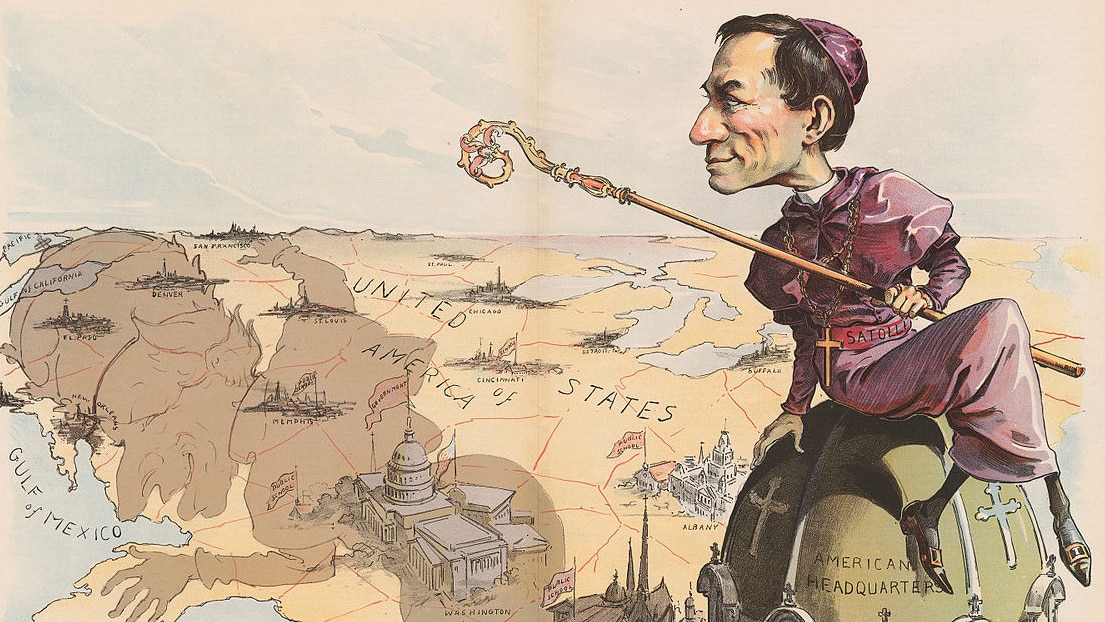

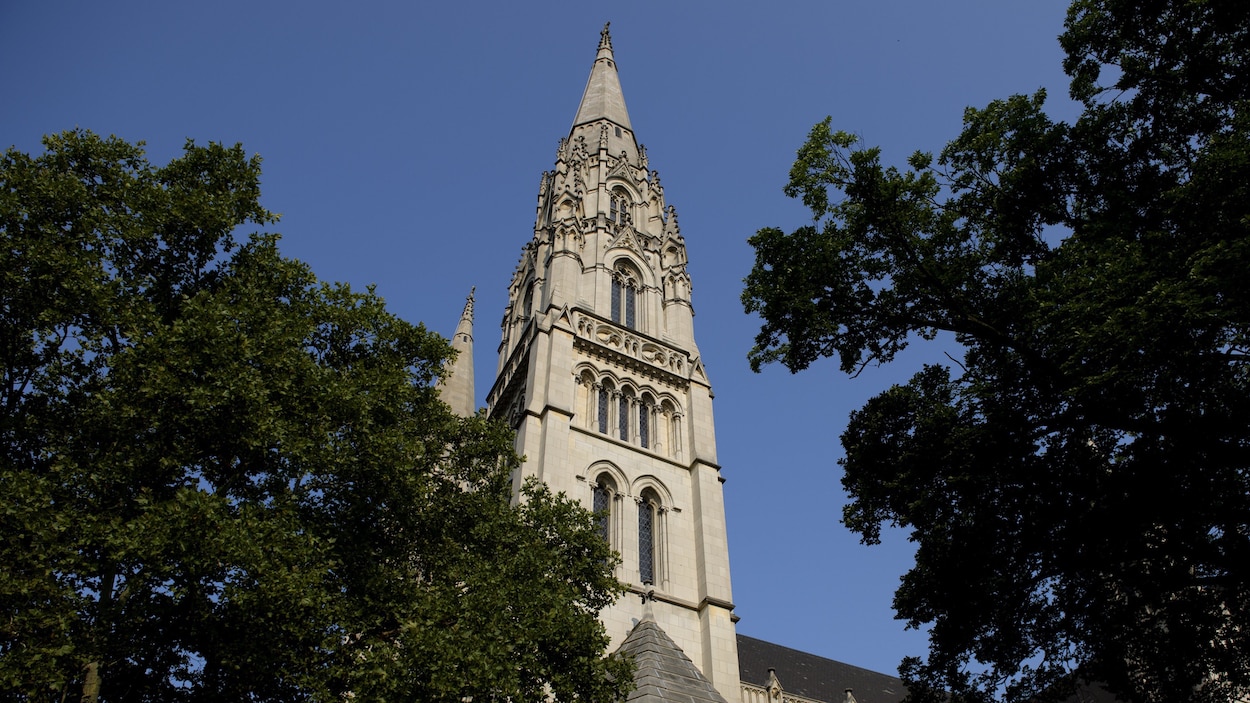
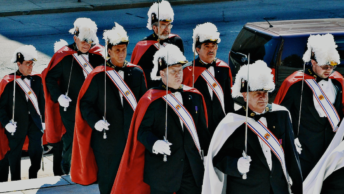
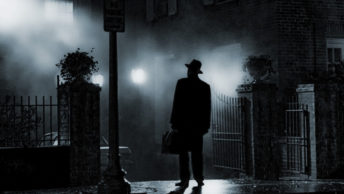
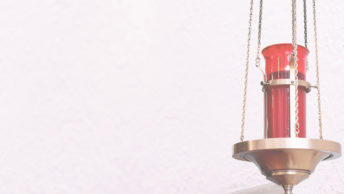


Amen, Bill. Great read! Good to ‘see’ you again.